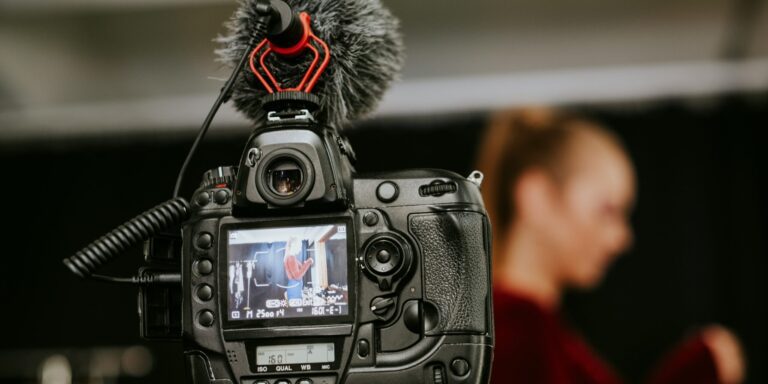In a television moment that drew national attention, Jimmy Kimmel Live! returned to ABC on September 23, 2025, following a six-day suspension that had sparked intense debate across politics, media, and culture. The comeback episode drew 6.26 million live viewers, making it the highest-rated regularly scheduled episode of the show in over a decade.
The suspension stemmed from remarks Kimmel made during an earlier broadcast about the death of conservative activist Charlie Kirk. The comments ignited backlash from conservative media circles and prompted criticism from FCC Chair Brendan Carr, who accused the show of crossing lines of decency in political satire. Facing mounting pressure from affiliates, ABC and parent company Disney placed the program on pause beginning September 17. After days of deliberation and mounting public debate, Disney announced on September 22 that the show would return the following night. Even so, affiliates owned by broadcasting giants Nexstar and Sinclair declined to air the September 23 episode, citing continuing concerns over content standards.
Despite those preemptions, the return episode became a cultural flashpoint. Kimmel addressed the controversy head-on in his opening monologue, which struck a balance between contrition and defiance. He apologized for how his remarks had been received but emphasized his commitment to satirical freedom and creative independence. In typical comedic fashion, he also noted the irony that efforts to silence him seemed to have amplified his audience, quipping that the backlash had effectively “canceled the cancellation.” The audience in the studio gave him a standing ovation, and clips of the monologue rapidly spread across digital platforms.
Read Also: https://nvtoday.com/smithsonians-state-fairs-growing-american-craft-exhibition-opens/
By the following day, the monologue segment had racked up nearly 26 million views across YouTube, TikTok, and other social channels. Industry analysts noted the significance of that number: while traditional television ratings remain a benchmark, late-night programming now derives much of its cultural impact from digital engagement. In this case, online viewership not only compensated for affiliate preemptions but vastly outpaced the show’s live broadcast audience.
Observers also highlighted the irony of the incident. Attempts to rein in the program through suspension and distribution limits did not diminish its influence—instead, they fueled interest, driving new audiences to digital platforms. The controversy, in effect, became part of the show’s content, as Kimmel leaned into the discourse about free speech, satire, and media pressure. In doing so, the episode became more than a late-night comedy hour; it evolved into a cultural moment about the boundaries of expression in American media.
From a business perspective, the episode underscored the dual identity of late-night television in 2025. While broadcast reach remains important, particularly for advertisers and affiliates, digital platforms have become critical for audience growth and relevance. For ABC and Disney, the controversy reinforced both the risks and rewards of managing politically charged content in a fragmented media environment. For Kimmel, the episode bolstered his standing as both a comedian and a cultural commentator, with social media reactions—from GIFs and memes to hashtags and celebrity endorsements—propelling the conversation far beyond traditional TV viewership.
The episode’s reception also reignited debates about the role of comedians in public discourse. Supporters hailed Kimmel’s return as a stand for creative independence and satire, while critics argued that his earlier remarks demonstrated the pitfalls of weaponizing comedy in politically sensitive contexts. Regardless of perspective, few disputed that the controversy had elevated Kimmel’s visibility and cemented his place in ongoing conversations about free expression in entertainment.
Ultimately, the return of Jimmy Kimmel Live! was more than a resumption of a late-night program. It became a test case for how modern media operates across platforms, how audiences rally around figures in moments of controversy, and how comedy continues to serve as a battleground for cultural and political debates. In one night, Kimmel not only reclaimed his stage but also demonstrated that in today’s media landscape, controversy and connection often go hand in hand.


